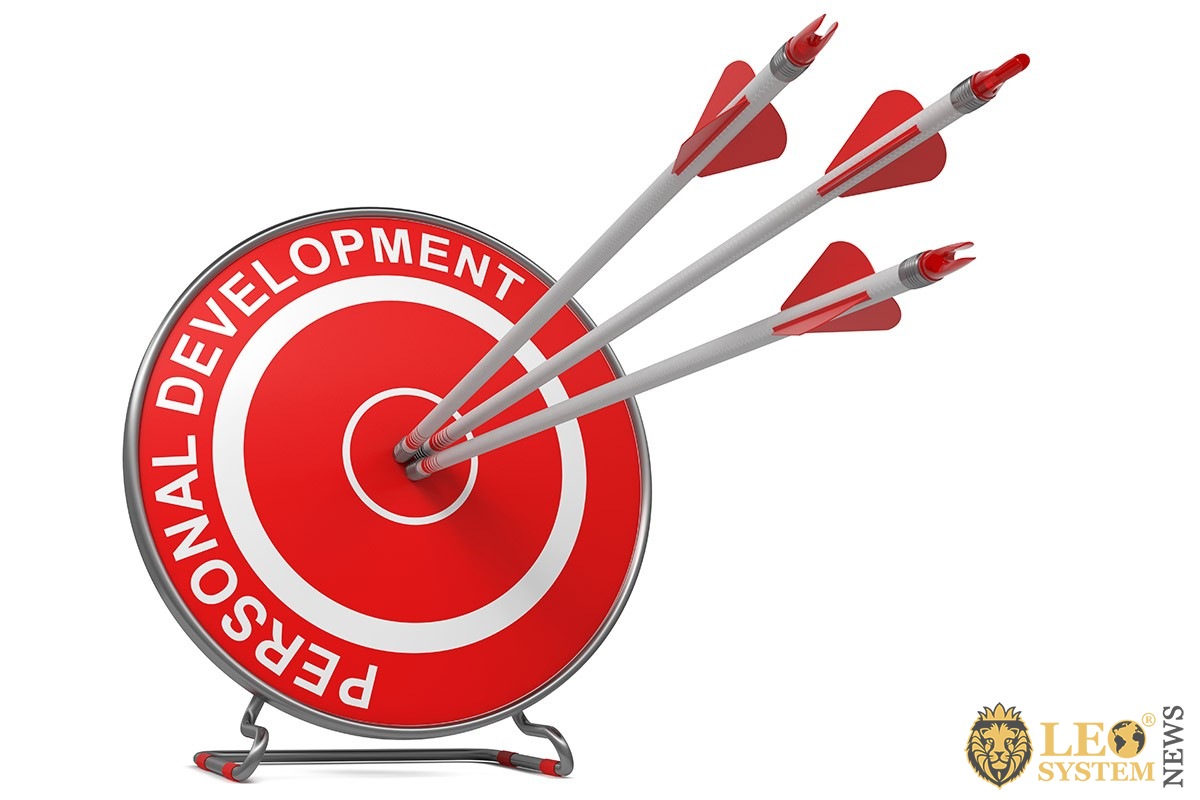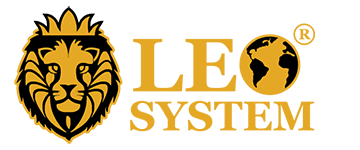The field of Personal Development is a fascinating area to study. It looks at improving self-awareness and identifying skills. It also looks at how these skills may be developed. These personal development goals assist employees in reaching their own career goals by taking their performance to a higher level.
So, what is a personal development goal? Personal Development Goals detail the skills, experience, and knowledge required by a team member if they are to continue to be effective in a current role or to step up to a new role. In this article, we will look deeper into this and establish good practice.
There are three types of Personal Development Goal, these are outcome goals, process goals, and performance goals. We will take a look at each of these in turn. The amount of input that an individual has in each of the types of goals does vary. With a process goal, the individual will have the most control, and outcome goals provide the least. After each goal description, we have given a very simple example of that type of goal.
What Is an Outcome Goal?
Outcome Goals are goals that reflect the big picture. The Outcome goal will get the workforce moving in the same direction, and these goals must be monitored constantly.
The outcome goal is at its core – “What is the ultimate outcome that our organization is working towards?” If you ask all your employees to write down what they think what the organization is working towards, with a hundred employees, you would probably get one hundred different answers. The first task is to set this primary outcome goal so that everyone knows and understands what the game is all about.
Many companies will later place this primary outcome goal in their mission statement. There may, of course, be secondary outcome goals. These should also be established and all members of the organization should know these too. Clearly, the majority of the members of the organization will have little input into the creation of these outcome goals.
Example: The XYZ Company will design and build the most powerful and technically advanced computer systems…..
What Is a Process Goal?
A process goal is different from an outcome goal. The outcome goal defines what the organization is trying to achieve, but the process goal defines what needs to be done repeatedly to assist in achieving the outcome goal. In many ways, for the individual, the process goal is more important than the outcome goal.
Focusing 100% on the outcome can allow the team member to get lost, since much of the outcome is not within their power to affect. By focusing on their individual process goal, they will, in fact, do more to achieve the primary outcome goal.
Example: The employee will create the XXX component to the highest standard, ensuring that they are 100% perfect. It will do this by following the standard manufacturing method meticulously.
What Is a Performance Goal?
Performance goals are much more short term than the other two types of goal. They relate to the overall primary outcome goal, but deal with a very specific portion. This goal is very clear and easy to measure the outcomes.
Example: The employee will construct a minimum of 100 XXX components per day, to the standards laid out in the process goal.
That should answer the basic question of what is a personal development goal? We will now go on to look at them in more detail.

SMART Goals.
When setting goals, it is important to remember the term SMART. This is a way of remembering the key elements of a goal.
SMART
[S] – Specific
[M] – Measurable
[A] – Attainable
[R] – Relevant
[T] – Time Bound
Specific Goals.
Specific goals are clearly defined and cannot be misunderstood.
Measurable Goals.
When setting a measurable goals you should phrase the goal, so that success can be clearly measured. For example: The employee will construct 100 XXX components per day, Now the employee either constructs a minimum of 100 components or he/she does not. Success is clearly measurable.
Attainable Goals.
An attainable goal must be one that is possible with the right effort applied. It should not be easy, but equally it should not be unrealistic. Setting a goal that cannot be attained is counter-productive and will result in team members being disillusioned.
Relevant Goals.
If a goal is seen to be unrealistic then the team member will not work to achieve the goal since failure will result however hard they try. This leads to the breakdown of the whole culture of the organization, where team members pick and choose which goals are relevant and important to follow.
Time Bound.
A time-bound goal is intended to create an awareness of Time. A goal should be designed so that there is a set completion time/date. This makes it clear to the team member that the task is urgent and completion is needed in a set time frame.
The Scope of Personal Development Goals.
A personal development goal is, as the name suggests, personal to an individual. However, an individual might be a member of a team or department and the personal development goals should be seen as a component of the team goals.
An individual should be aware of the team goals and understand how his/her personal performance relates to the overall success of the team. In the same way, a team should be aware of how their team goals are a part of the success or failure of the overall organization.
Using this formula, the head of an organization can measure how well the company is achieving its own organizational goals and see if any team is, through its performance having a negative effect on the organizational goals.
If one team is identified as failing to achieve team goals, then it may be possible to see the individual performances of team members and identify if one or more are having an impact on the success or failure of an organization.
Learning Oriented Individuals and Personal Development Goals.
The individual who is learning orientated are interested in learning and mastering skills. These individuals push themselves harder than others and take on challenging roles. They consider any failure as a learning opportunity.
With learning orientated individuals, it is even more important to set personal development goals (Using SMART) so that they can monitor their success or failure. Without the goals, the individual could have unreasonably high expectations leading to disillusionment or low expectations leading to poor performance.
We hope that you have found this to be useful in your understanding what is a personal development goal? We wish you success in utilizing these new skills.
Read the article: How to Develop Emotional Intelligence?
































